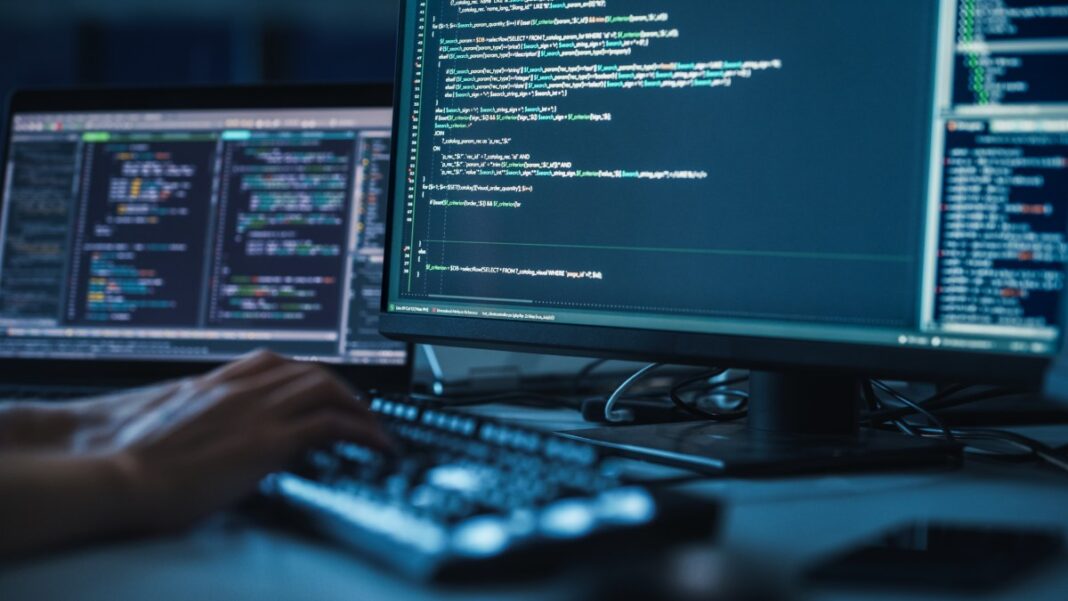Indeed reports that almost one in five jobs are highly exposed to generative AI. The technology has proved advantageous for cybersecurity careers, automating threat data analysis and allowing cybersecurity professionals to focus more on mitigating the risks. And let’s face it, considering the number of high-profile breaches we’ve seen in recent months, from MOVEit to Johnson Controls, cybersecurity pros need all the help they can get.
Generative AI can be a powerful tool for identifying new risks and alerts, but using it requires a unique skill set. When interviewing cybersecurity candidates, I look for three critical soft skills: lateral thinking, persistence, and communication.
1. Lateral thinking
While many employers emphasize problem-solving skills in job descriptions, the ability to think outside the box is imperative in cybersecurity. Candidates must be able to quickly pivot when addressing risks and threats in real-time. For example, a good candidate with lateral thinking skills will consider how new technologies like generative AI can be integrated into existing resources to identify security risks more quickly and streamline operations.
Candidates must be able to quickly pivot when addressing risks and threats in real time.
In addition to its benefits, generative AI introduces data security and privacy concerns that we can’t disregard. While candidates should know how to use this technology to their advantage, they must also understand how large language models (LLMs) can leverage and compromise organizations’ internal data. Unsurprisingly, nearly half of executives worry that the integration of generative AI will result in new attacks against their AI models, services, or data. Security professionals should be proactive and question how new threats can bypass existing tools and processes. They must be able to seek new ways to approach challenges, whether it’s assuming the attacker’s point of view or discovering new vulnerabilities.
To gauge whether a candidate possesses lateral thinking skills, the interviewer should focus on situational questions demonstrating how they used different resources to overcome a challenge. I often ask, “Tell me about a time when you faced significant ambiguity or limited information and had to take action.”
Source link









